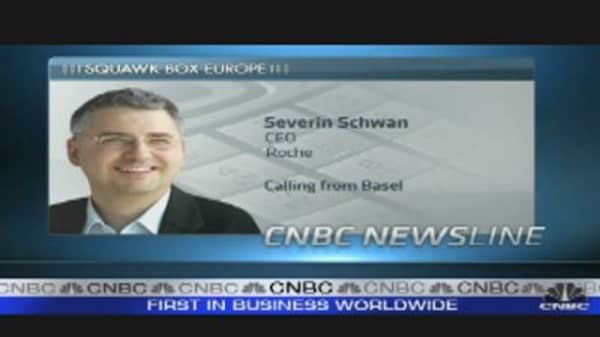Swiss pharmaceuticals giant Roche said it would appeal a decision by the US Food and Drug Administration to remove the approval for the drug’s indication for metastatic breast cancer, but analysts doubt the appeal would be successful.
On Thursday, the FDA ruled that the drug fails to show its efficiency in relation to costs. Analysts forecast this decision will result in a loss of $1 billion in annual sales for the cancer drug, which is still approved for the treatment of other cancer types, such as colon, brain, kidney and lung cancer.
“Roche has 30 days to submit additional Avastin data to the FDA to schedule another FDA hearing in January, but we don't subscribe much chance of success to this event," UBS said in a research note.
While doctors will still be able to prescribe the drug “off label”, analysts say the substantial costs for the treatment ($88,000 a year) will dent demand for the treatment significantly.
In a positive turn, the European Medicines Agency (EMA) has reaffirmed on the same day that Avastin is an effective treatment for advanced breast cancer in Europe, in combination with an agent called paclitaxel.




